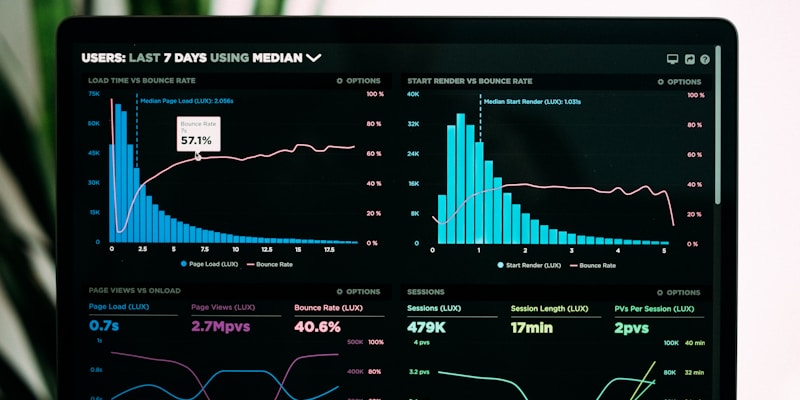Ethos filed their S-1 this morning, and I'm reading through it thinking there's gotta be a catch. But nope - they're actually profitable. $184.2 million in revenue for H1 2025, up 55.3% year-over-year.
For context, I've covered maybe 20 insurtech companies and exactly zero of them turned a profit before going public. Most are burning through Series C money faster than a crypto bro during the 2021 bull run.
Their whole thing? Skip the medical exam bullshit. You know how buying life insurance normally works - fill out 47 forms, wait 3 weeks, pee in a cup, have some nurse come to your house at 7am to measure your blood pressure. Ethos said "fuck that" and built algorithms that approve you in 15 minutes using public records and a questionnaire shorter than a Starbucks order.
$31 Million in Profit (Not Revenue, Actual Profit)
$31.2 million in net income for H1 2025, up 64% from last year. Let me repeat that - profit, not revenue. Real money they can actually keep.
Root Insurance went public at $10 billion, then their stock crashed 95% when investors realized they were losing money on every customer. Lemonade keeps promising profitability "next quarter" but still burns $50M every quarter. Ethos apparently figured out you should charge more for insurance than you pay out in claims. Revolutionary stuff.
They picked "LIFE" as their ticker symbol. Cute. Either brilliant marketing or the kind of obvious choice that makes you groan. Probably both.
What's wild is the timing - seven insurance companies have gone public since May. Either this is insurance tech's moment or we're watching bubble 2.0 unfold in real time.
Google Ventures Wrote Them a Check
GV is an investor, which means something. They've backed Uber, Airbnb, Stripe - not exactly known for funding obvious disasters. When Google's venture arm writes you a check, it's validation that someone with actual money thinks your business model isn't completely fucked.
But here's where it gets tricky. Any algorithm can approve a healthy 25-year-old software engineer for life insurance. The real money is pricing risk correctly for a 52-year-old chain smoker with Type 2 diabetes. That's where 150 years of actuarial tables still beat machine learning models trained on public records.
The market timing isn't terrible either. Millennials hit their 30s, have kids, buy houses, and suddenly realize they're mortal. Shocking development. Traditional insurers still act like it's 1995 - their websites look like shit, their applications take forever, and they make you talk to agents who sound like they're reading from scripts written during the Bush administration.
Ethos might be the first insurtech that actually makes sense. They figured out unit economics instead of just burning VC money on Facebook ads. Whether public investors agree is another story - they've been burned by too many "revolutionary" insurance companies that turned out to be just expensive customer acquisition machines with pretty apps.


